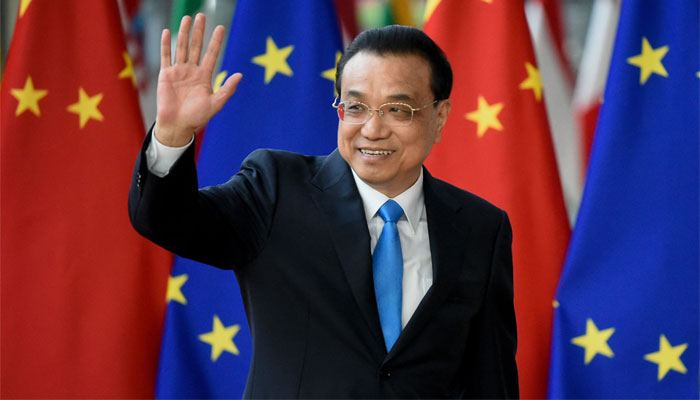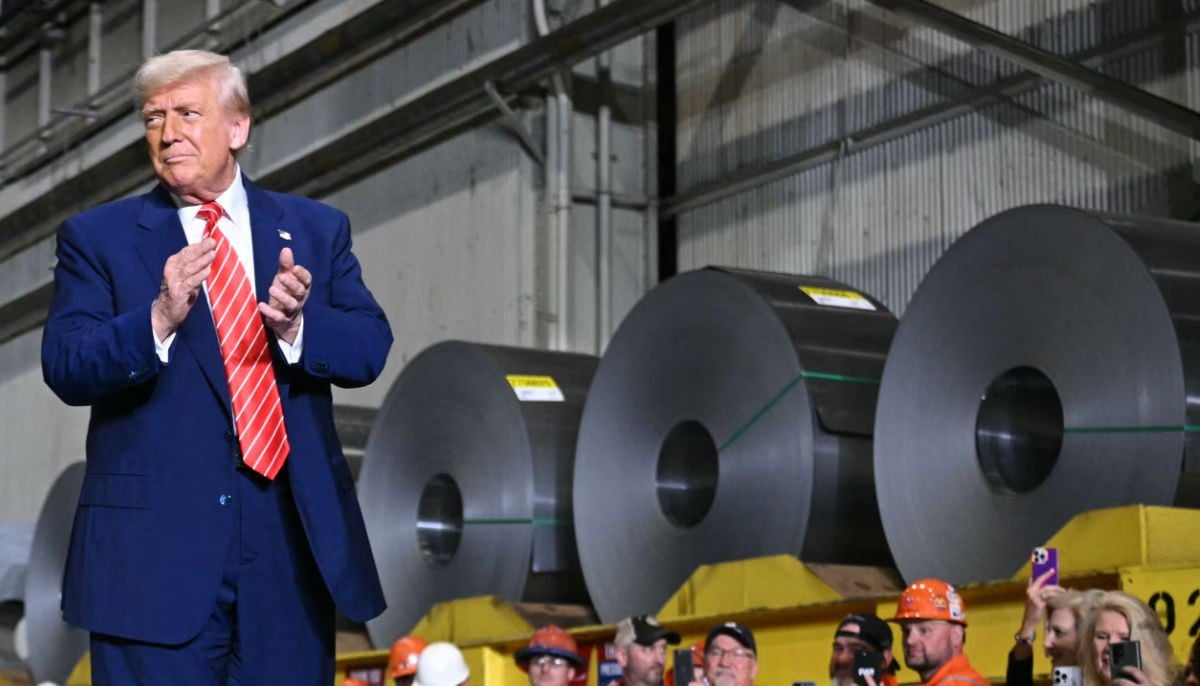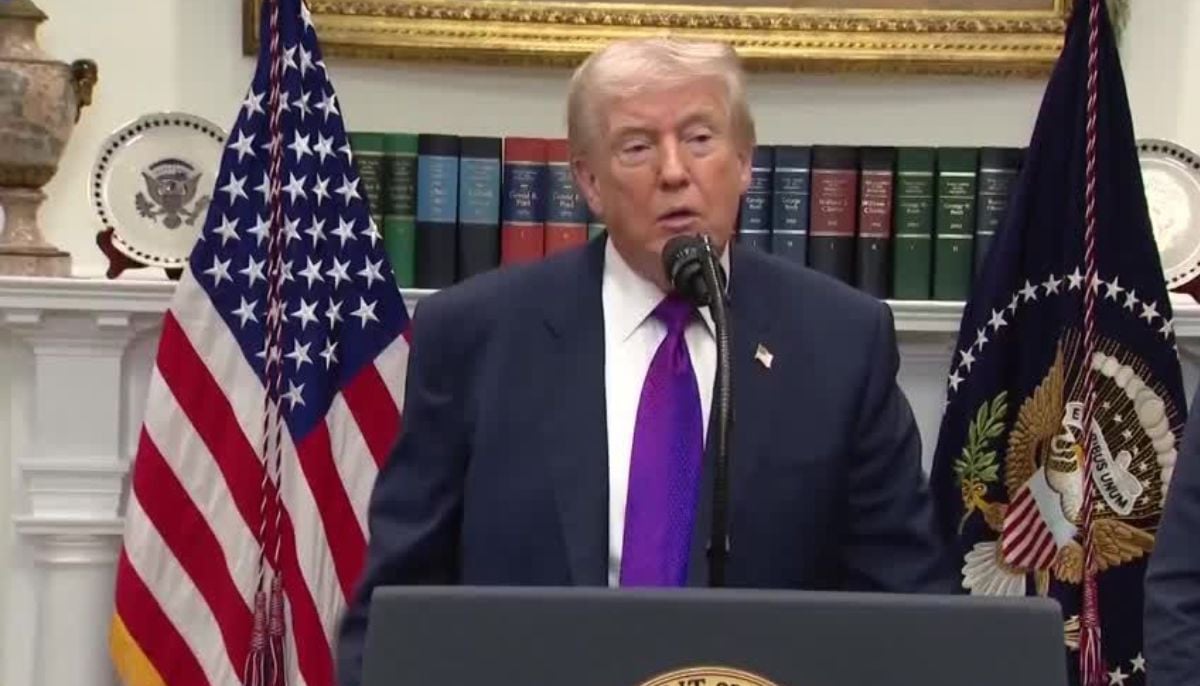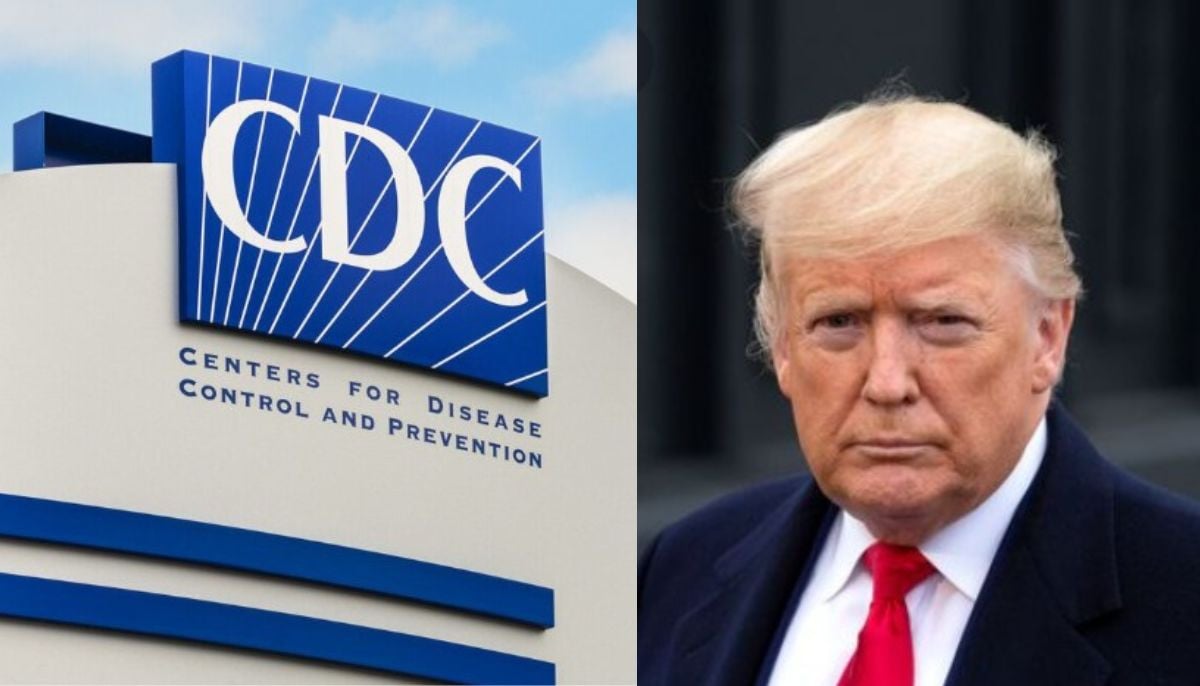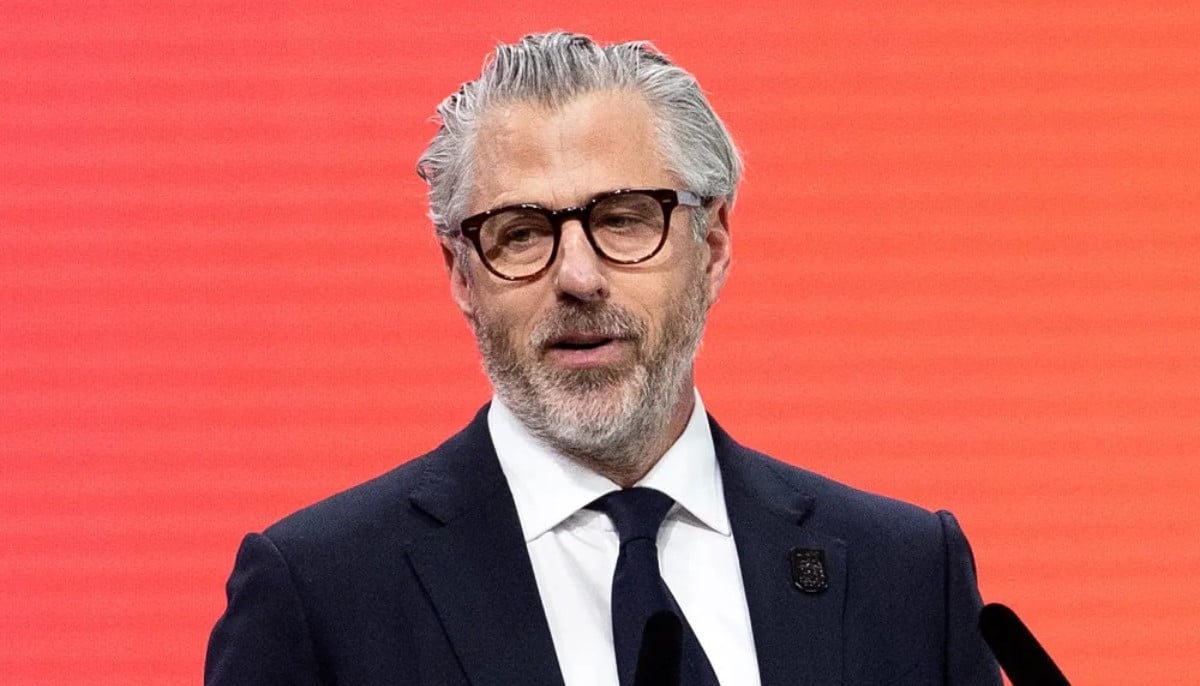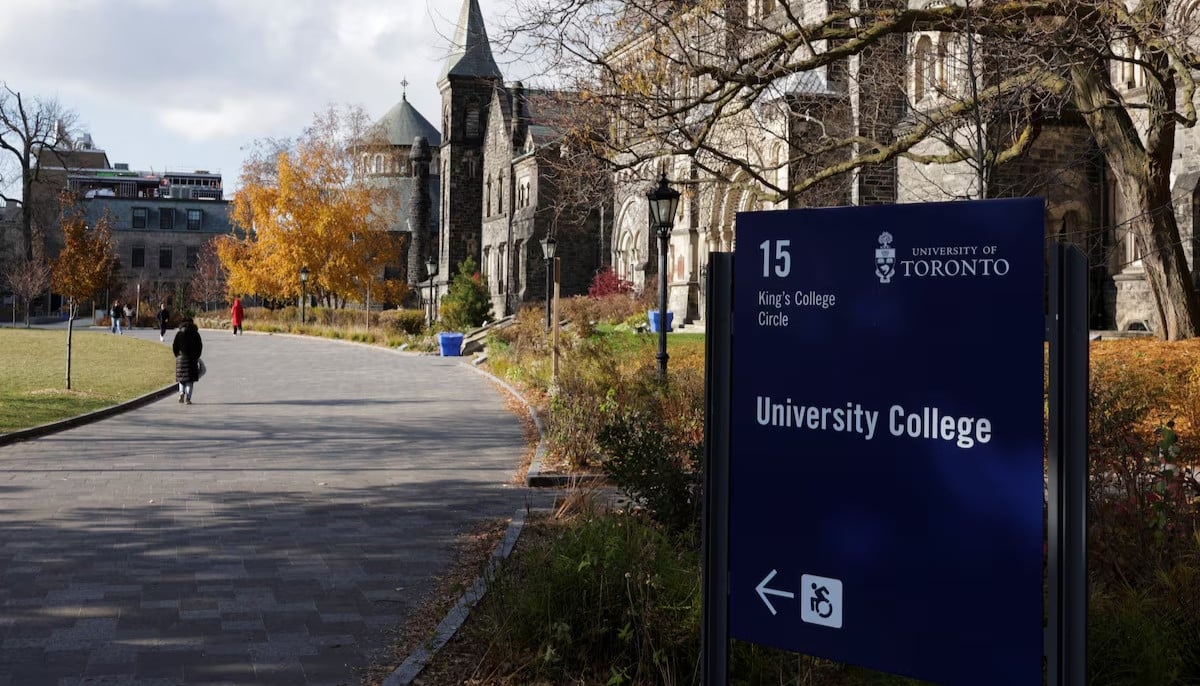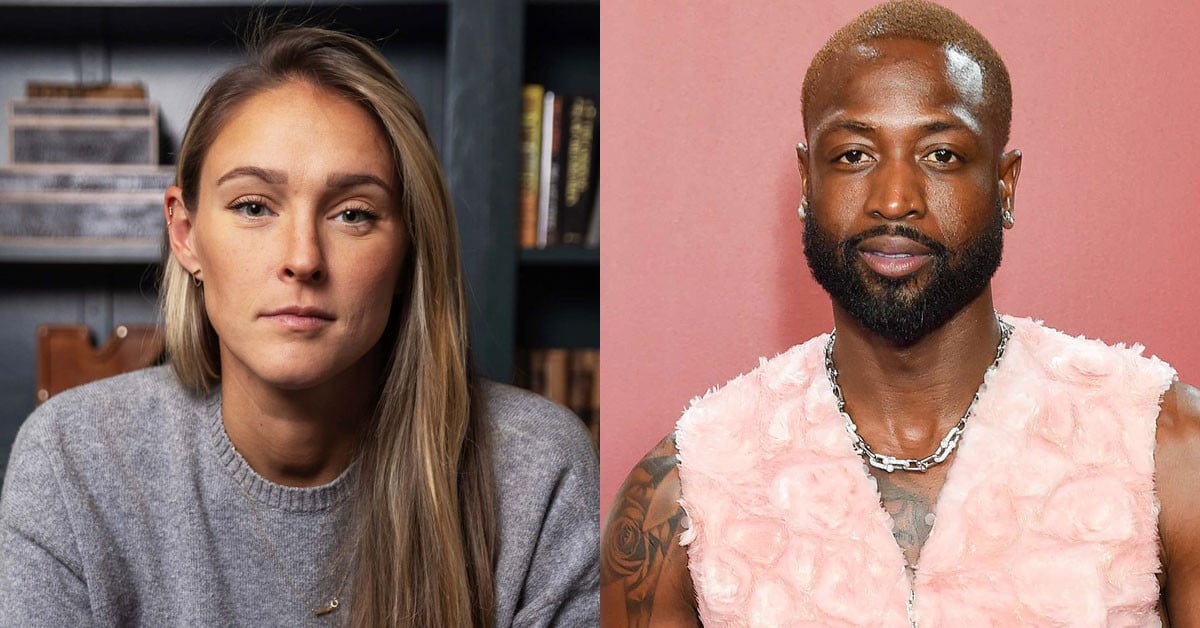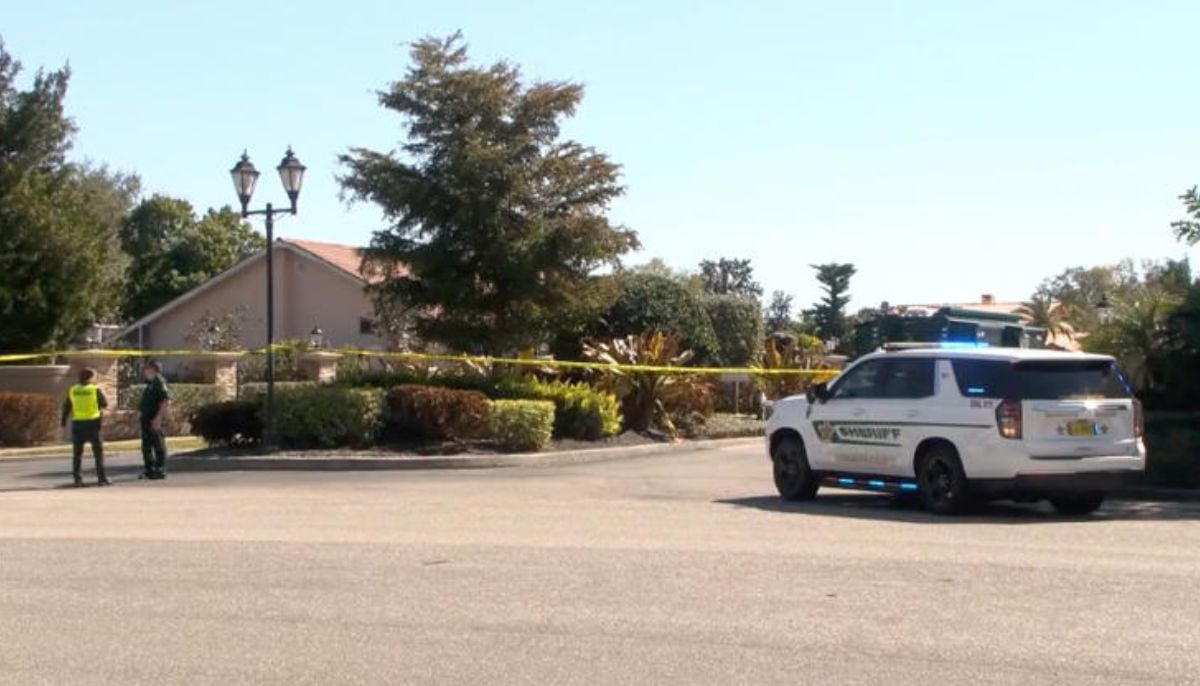Former Chinese premier Li Keqiang dies at 68
Li was once seen as a rival of President Xi Jinping for China's leadership
Former Chinese premier Li Keqiang, a reform-minded bureaucrat who was once tipped as the country's future leader, died at the age of 68, just after midnight on Friday in Shanghai after experiencing a heart attack, Chinese news agency Xinhua reported.
During his 10-year tenure under Xi, Li portrayed himself as a modern Communist Party loyalist, a fluent English-speaking career bureaucrat, and supported economic reforms, contrasting his more rigid colleagues.
The son of a minor party official in eastern China's poor Anhui province, Li was sent to the countryside to work as a manual labourer during the tumultuous Cultural Revolution of 1966 to 1976, AFP reported.
Li who gained a law degree from Peking University embraced Western and liberal political theory, according to his university classmates, as he translated a British judge's book on law
However, he became more orthodox in the mid-1980s, working as a bureaucrat during protests in Tiananmen Square.
Li rose to become the ruling Communist Party's top official in Henan province, and in Liaoning in the northeast — both of which saw economic growth. But his reputation was damaged by his handling of an HIV/AIDS epidemic stemming from a tainted blood donation programme while he was party boss in Henan.
Later, Li was promoted to become a deputy to then-premier Wen Jiabao.
His attempts at tackling China's deep economic challenges were curtailed by the overwhelming authority of Xi, with whom he was once seen as a rival for the country's leadership.
Acclaimed for his role in guiding the nation through the global financial crisis with minimal damage, Xi's tenure witnessed a significant change in China's political landscape from the more consensus-based governance of former leader Hu Jintao and his predecessors to the more focused authority of Xi.
"People always debated whether (China's) institutions would... determine the outcomes, as opposed to just raw power," Victor Shih, an expert on China's elite politics at the University of California San Diego, told AFP.
"And of course, recent events show that raw power still matters more."
-
Scientists find strange solar system that breaks planet formation rules
-
Woman calls press ‘vultures’ outside Nancy Guthrie’s home after tense standoff
-
Casey Wasserman to remain LA Olympics chair despite Ghislaine Maxwell ties
-
Gigi Hadid feels 'humiliated' after Zayn Malik's 'pathetic' comment: Source
-
Ontario tuition freeze ends, allowing colleges and universities to raise fees
-
James Van Der Beek’s 'heartbroken' ex wife breaks silence of his death
-
Kylie Kelce breaks silence on 'beef' with Dwayne Wade
-
Suspect kills six across Florida before taking his own life
